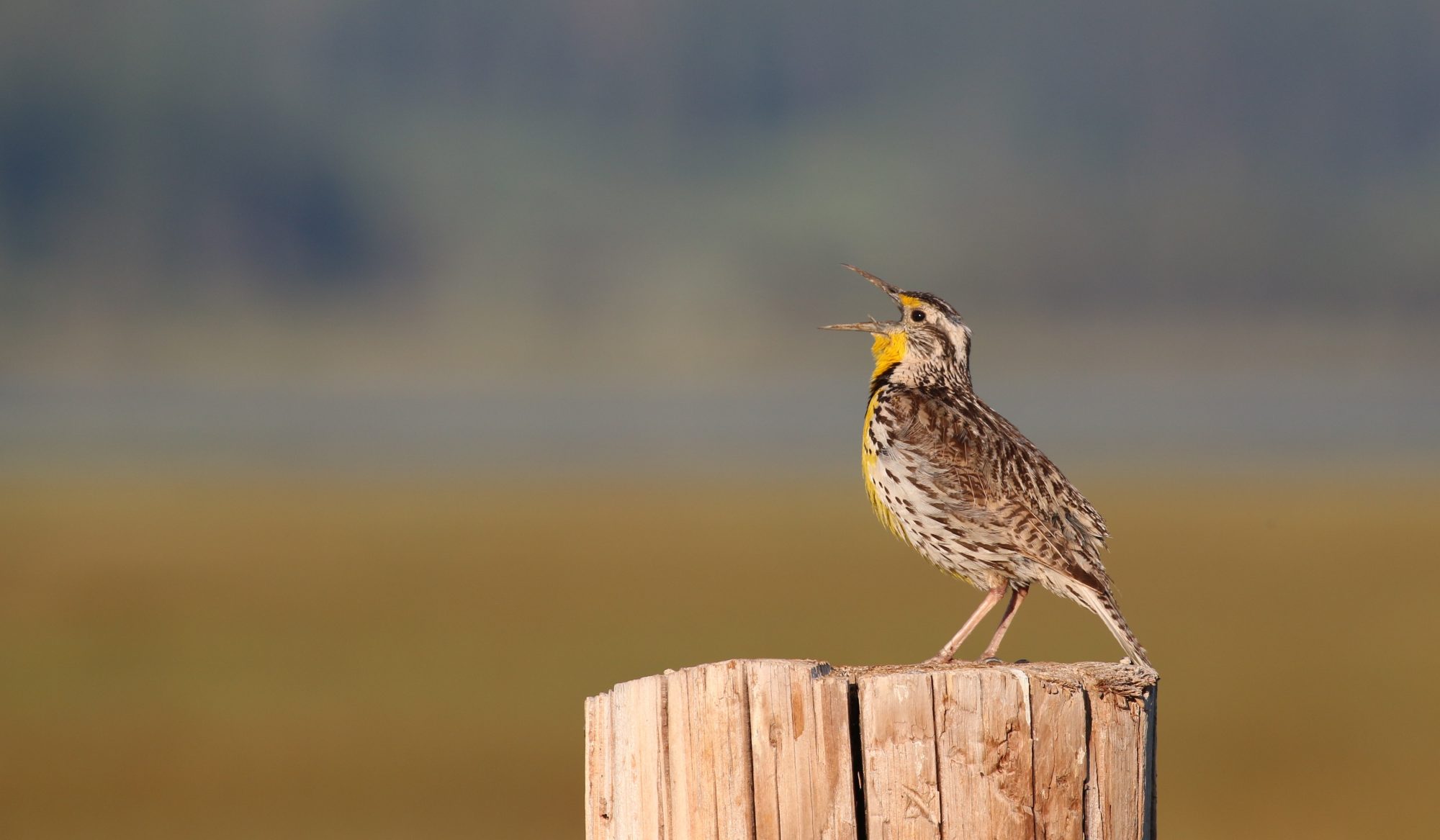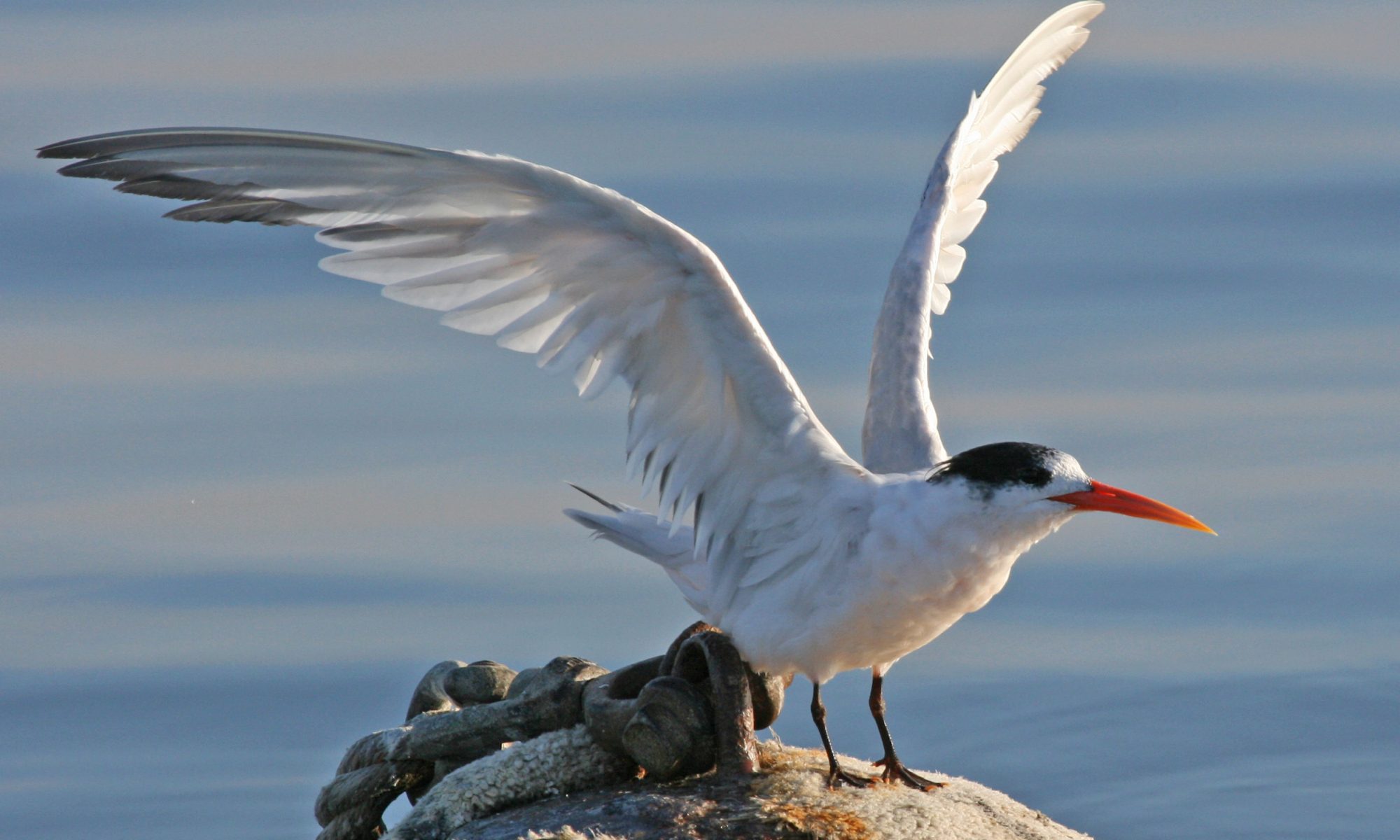Note: I am not accepting new graduate students for Fall 2025.
What is it like being a graduate student in the Tingley Lab?
Graduate students, whether pursuing an M.S. or Ph.D., are integral to the functioning of any vibrant, scholarly community. Students teach me new approaches to problems, new ideas, and new methods, and contribute to the shared culture of curiosity that sustains the lab – and all academic institutions. In training graduate students, I hope to develop the next generation of leaders in ecology and conservation, whether in academia, government, or non-governmental organizations, and I will strive to help you reach your fullest potential as a scientist.
What is your advising philosophy?
Advising graduate students is one of the most important – if not the most important – duty I have as a professor. I expect to invest significant time, effort, and funding into each of my students over the ~5 years of a Ph.D. or ~2 years of an M.S. and to continue to support their career for years thereafter. Because of the commitments I make to my lab, I do not accept students about whose fit with my research and advising philosophy I am unsure. It is equally important that prospective students feel I am a good fit to their academic needs and personalities!
What can I expect from you as my advisor?
I will work to give you the freedom you need and deserve to develop as a scientist, while providing a stimulating, supporting, and inspiring environment. I will provide my time, connections, and professional advice. Advising strategies vary widely across the academic world, but for me, advising is an active word. We will meet regularly one-on-one. We will work in the field. We will solve problems and derive creative solutions. We may work independently but will come together to synthesize and create. I strive to provide funding as well as laboratory, computing, and work space, and will work on your behalf to meet these needs. I believe strongly in the power of communities and diversity, and encourage a culture of respect, honesty, collegiality, inclusion, and integrity within my lab. Finally, I support a healthy work-life balance that allows this all to be sustainable.
That’s great, but what do you expect from me?
I expect you to own your research and your educational path, and to take full advantage of the advice and support that the lab and department can provide. I expect your honesty and trust, and that you will come to me not just with problems, but also with potential solutions. I expect my students’ research to be worthy of the huge investment of time and energy that they put into it. This includes two equally critical components. First, research should include novel and significant contributions to the science of ecology. Second, students should make positive contributions – through service, communication, or outreach – to the communities from which their research derives. Finally, in a world that is increasingly alienated from and distrusting of science, students should be role models and ambassadors to other communities.
Who should apply to work in your lab?
My expertise is not unlimited, and I want to be as helpful to you as possible. Take a look at my research interests and published work and identify how well your own curiosity fits into different topics. It may make sense to work with me if you are interested in one or more of the following topics:
1) the impact of climate change on species’ distributions and phenology;
2) the role of wildfire in structuring biodiversity;
3) distributional ecology and the mechanisms that define range limits;
4) statistical modeling of distributions and assemblages and/or;
5) using historical data to understand processes of change.
Regardless of topic, my research often has a strong quantitative component, so it makes sense to work with me if you have robust mathematical, computational, or statistical backgrounds, or a strong interest in developing already existing skills in these areas during your graduate work. If you decide to apply to my lab group, be as specific as possible about what you want to work on, with the understanding that it will evolve during the start of graduate school.
How should I apply?
Note: I am not accepting new graduate students for Fall 2025. If you are interested in applying to my lab for fall 2026, I will welcome hearing from you starting July 1, 2025.
I typically accept one new Ph.D. student each year through UCLA’s Department of Ecology and Evolutionary Biology. The EEB department also accepts MS students, although funding for MS students is limited unless students are already Californian residents. Additionally, as faculty in the Institute of the Environment and Sustainability at UCLA, I can also serve as an advisor for the Ph.D. program in Environment and Sustainability as well as the D.Env in Environmental Science and Engineering. When you contact me, please specify to which program and degree you are interested in applying.
UCLA’s admissions deadline is in early-December for a fall term start. If you are interested in exploring the possibility of joining the lab, please read the full FAQ and be in touch. I begin to consider and meet with prospective applicants starting in the late summer before the application due date. To start the conversation, please send all of the materials below by email to Morgan Tingley. If it seems like you and this lab might be a good fit for your graduate training, I will get back in touch to set up a Zoom interview.
In your email, please send:
- A cover letter outlining who you are, your preparation for graduate school, a description of your research interests and, if possible, your rough ideas for a graduate school project.
- An unofficial copy of previous transcripts (either from your university or a typed list of classes and grades), that clearly shows GPA.
- A writing sample that demonstrates your ability to assimilate complex information and evidence. This could be copies of reports, published papers, or class research projects.
- A CV summarizing work and academic experience.
Reminder: I am not accepting new graduate students for Fall 2025.
Finally, please look closely at the information provided by the Department of Ecology and Evolutionary Biology. If you apply, your official application will go to the UCLA Graduate School. Thank you for your interest and I look forward to hearing from you!

